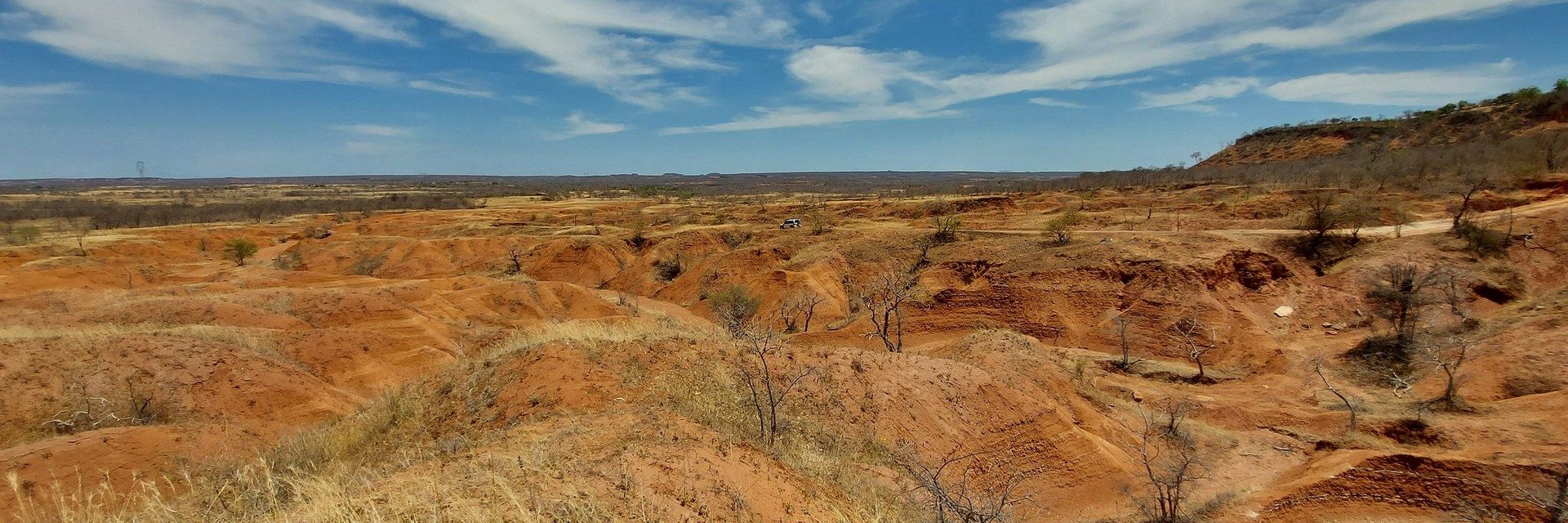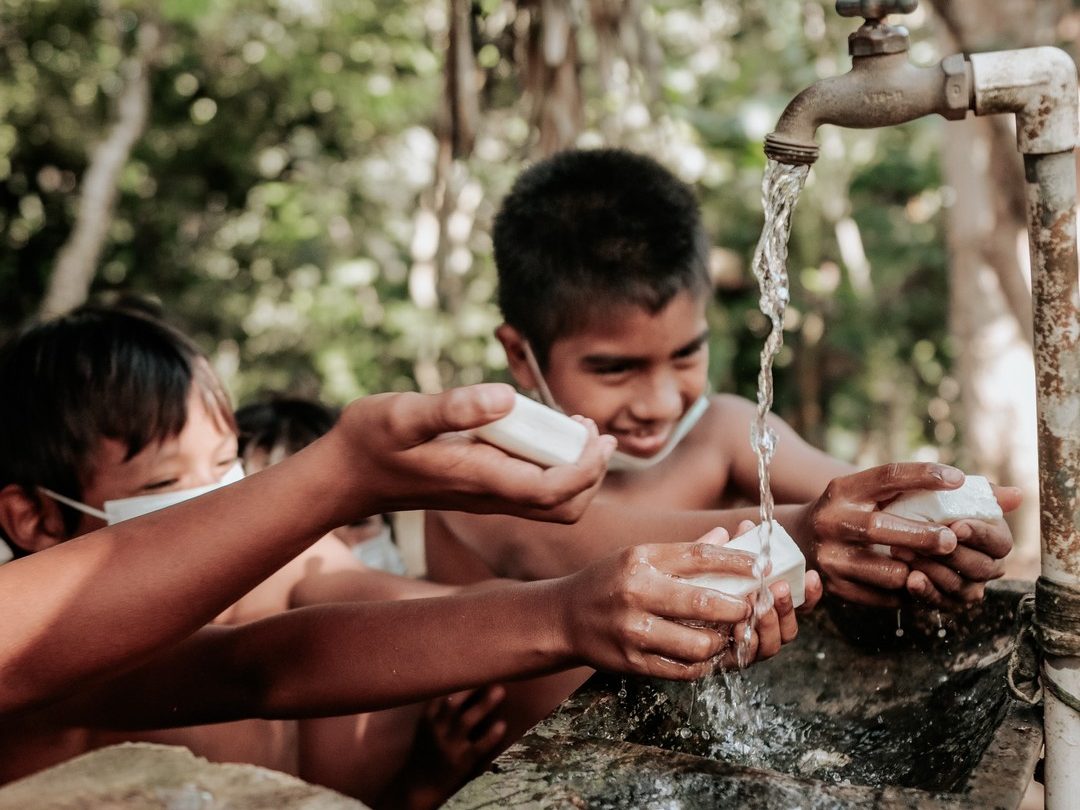Caucaia, Ceará State in the brazilian semi-arid, Brazil
In collaboration with

April 2022 – February 2023
Guaranteeing better water, sanitation, and hygiene conditions for schoolchildren in one of Brazil’s most educational deficiencies is vital to achieving social balance. Preventing infectious diseases among students and ensuring their rights, in full collaboration with state committees, fosters the development of a culture of water in one of the areas most affected by climate change.
Objectives
- Support education through the safe reopening of schools.
- Strengthen water, sanitation, and hygiene (WASH) and infection prevention and control (IPC) protocols in the school environment with handwashing facilities.
- Train teachers on hygiene promotion protocols, health protective behaviors, and hand washing routines to prepare school spaces for reopening and an awareness campaign for children and their caregivers.
Beneficiaries
Between 500 to 800 direct
Children and adolescents. Between 40 to 64 trained teachers
Between 1,000 and 1,600 indirect
Parents and caregivers. Between 500 and 800 women.

On the ground
Lack of primary access to water, sanitation, and hygiene in 39% of Brazilian schools.
In Brazil, the 2020 School Census pointed to the lack of access to drinking water and sanitation in many schools as one of the main problems in the country.
The WHO/UNICEF Joint Monitoring Program (JMP) measuring access to access to essential water, sanitation, and hygiene (WASH) services estimates that 39% of schools in Brazil do not have basic hygiene services, which means that they do not have functional sinks, water or soap for handwashing.
The lack of WASH services disproportionately affects women and girls. In addition, the lack of Menstrual Health and Hygiene (MHH) services in schools contributes to girls skipping and dropping out of school, reducing girls’ opportunities, employability, and health.

In detail
The main actions of the project are:
- The choice of the beneficiary schools.
- The purchase and distribution of family and school hygiene kits, hand washing stations, or gel alcohol dispensers.
- Establishing training school teams in water, sanitation, hygiene, and infection control.
- The promotion of a communication campaign to change the behavior of the school community.
The main components of the project are:
- Installation of handwashing points in places without adequate access to water.
- Donation of hygiene and cleaning products.
- Training education professionals for new health habits and infection control.
- An awareness campaign for children and their caregivers.
All interventions are based on in-depth analysis and consultation with the beneficiary populations, national authorities, and local leaders in the intervention area.
All interventions are based on in-depth analysis and consultation with the beneficiary populations, national authorities, and local leaders in the intervention area.
Perspectivas de sostenibilidad
El programa está integrado en el Selo, una iniciativa de UNICEF para incentivar y reconocer avances reales y positivos en la promoción, realización y garantía de los derechos de los niños y adolescentes en municipios de la región semiárida y de la Amazonia Legal brasileña. El Selo establece un mecanismo de coordinación municipal que involucra salud, educación y protección social.
A través de la generación de evidencia, abogamos por que el gobierno comprometa recursos para la ampliación.
Community participation is always present throughout the project cycle, from the diagnosis to the construction of the water stations and the evaluation of the impact on people.
Hygiene promotion materials will be written in the beneficiary populations’ languages and accessible to people with different levels of training and education.
Prospects for sustainability
The program is part of Selo, a UNICEF initiative to encourage and recognize real and positive progress in promoting, realizing, and guaranteeing the rights of children and adolescents in municipalities of the semi-arid region and the Brazilian Legal Amazon. The Selo establishes a municipal coordination mechanism that involves health, education, and social protection.
Through the generation of evidence, it will be advocated that the government commit resources for expansion.
In the project’s development, we will collaborate closely with the state and municipal coordination committees of the WASH sector, identify synergies and priorities, and coordinate with other key industries such as health and education. In addition, the WASH sector will present programmatic solutions to be scaled up.
In addition, given the high degree of participation of the local population and partners, the impact of the intervention is more significant, giving greater ownership of it and producing a change in behavior and habits.

